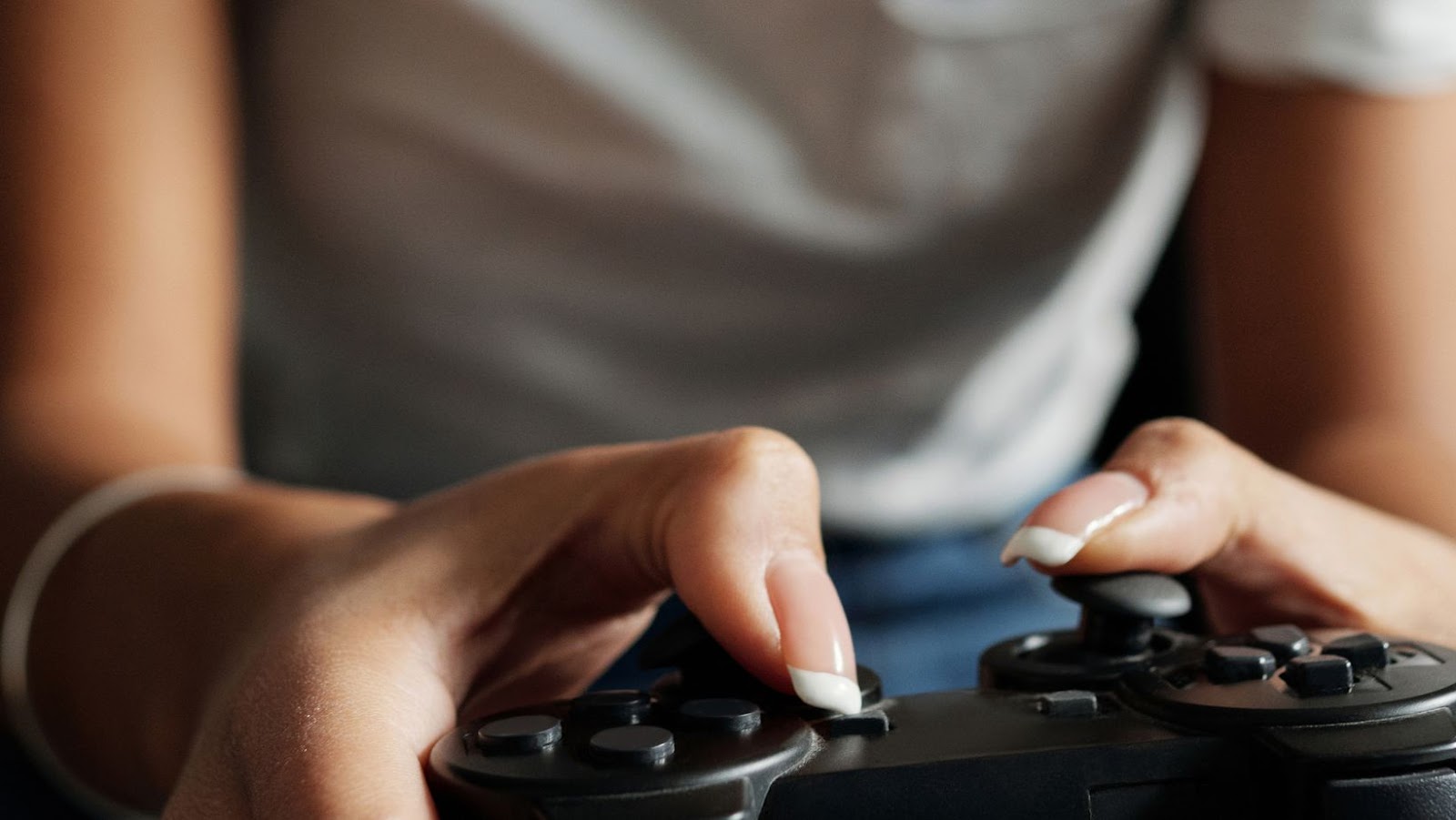Sony is a Japanese multinational conglomerate corporation that produces some of the most successful gaming consoles in the world. PlayStation, Sony’s flagship game console, has become popular with gamers worldwide since its launch in 1994. In recent years, Sony has made great efforts to expand the PlayStation brand into new markets, including Russia.
The Russian gaming market is expected to grow significantly in the next few years and this presents an excellent opportunity for Sony to gain a foothold in this emerging market. This article explores the current state of PlayStation in Russia, the potential for future growth, and what Sony needs to do to stay ahead of competitors and remain successful in Russia.
We will look at how PlayStation games could be tailored specifically for Russia while maintaining global appeal and ways that Sony could better capitalise on its competitive advantages to ensure continued success in this market.
Sony halts PlayStation hardware and software sales in Russia
Sony recently announced its decision to stop selling PlayStation hardware and software in Russia, leaving gamers in a difficult situation. This decision has raised questions about the future of PlayStation in the country and its potential impact.
In this article, we will look at the reasons behind Sony’s decision and what this means for the future of PlayStation in Russia.
Reasons for Sony’s Decision
In November 2013, Sony announced that it would be terminating sales of PlayStation 3 and PS Vita consoles in Russia in 2014. While the exact reasons for this decision have yet to be disclosed, a few likely explanations exist for why Sony chose to end operations in the country.
First, it may have to do with the fact that Russian authorities have been increasingly putting more restrictions in place for gaming products over the years. For example, a 2012 law required regulations on online activities related to gaming console sales which could have impacted Sony’s bottom line. Additionally, there is also the fact that Russia’s economy has been weakened in recent years due to sanctions from international organisations like the European Union which could create an environment that is not conducive to sales of expensive entertainment items such as gaming consoles.

Another potential factor could be legal complications arising from piracy and import duties imposed on electronics by Russian customs authorities, adding additional costs for manufacturing and importing products into Russia. Finally, Sony may also have considered local preferences within the industry as other video game companies such as Microsoft or Nintendo were not affected by any price regulations and continued selling their products locally while gaining a larger market share at Sony’s expense. All these factors combined likely played a role in Sony’s decision to stop selling PlayStation 3 and PS Vita consoles in Russia in 2014.
Impact of Sony’s Decision
Sony’s recent decision to stop selling PlayStation in Russia has raised questions about the future of the gaming franchise in the country.
The news has left an unclear picture for Russian gamers, who now face uncertainty over access to their favourite games and consoles not officially sold in the country. Furthermore, this situation could affect international game developers wanting to access a larger market and businesses that rely on providing PlayStation software and support services.
The consequences of Sony’s decision remains uncertain, but what is known is that it could mean fewer opportunities for Russian gamers and companies in the games industry. Only time will tell how this impacts all parties involved, including Sony.
Potential Future of PlayStation in Russia
After Sony decides to halt PlayStation hardware and software sales in Russia, many wonder what the future holds for PlayStation. While there is speculation about this, a range of potential outcomes could also result from Sony’s decision.

In this article, we will explore the potential future of PlayStation in Russia, from the optimistic to the pessimistic.
Factors that Could Lead to PlayStation’s Return to Russia
The future of PlayStation in Russia is uncertain, but several factors could lead to its return. In 2014, the country’s Federal Anti-Monopoly Service (FAS) started investigating Sony Computer Entertainment Inc.’s PlayStation consoles and pricing policies. This led to a two-year ban on PlayStation products in the Russian market.
Since then, the situation has changed drastically in the region as Sony has worked hard to improve its marketing practices in Russia and invest more heavily in local gaming studios. In addition, the company has taken steps to improve product price transparency and increase support for game developers from the region.
This positive momentum could potentially lead to the return of PlayStation products into Russia, which appear to be slowly gaining broader acceptance amongst government officials and consumers alike. In addition, recent changes to regulations concerning internet censorship have also increased market potential; allowing for more relaxed rules regarding content distribution on home console systems like PlayStation 4 and Xbox One.
Microsoft’s recent acquisition of ZeniMax Media could benefit both companies when launching their respective services on foreign markets including Russia. Furthermore, if both companies can collaborate on introducing new gaming opportunities with popular titles like “The Elder Scrolls” or “Fallout” series then this could lead them towards better prospects in entering the Russian gaming market again.
Challenges PlayStation May Face in Russia
The future of PlayStation has a lot to offer in the Russian market, however, Sony Corporation may face some challenges when introducing their products. One of the main issues is the currency devaluation issue and its impact on strategy formulation and product pricing. Furthermore, due to lifestyle changes in Russia over the past decade, certain segments are less attracted to video games compared to previous years. As such, Sony must explore new ways of connecting with potential customers through strategic campaigns and marketing initiatives that meet unique cultural needs.

Sony also faces gaming competition from local companies and other foreign competitors within the domestic market. These companies have tailored their offerings to meet local demand for culturalized graphics and distribution models adapted for the Russian economy. As a result, it may be difficult for Sony PlayStation consoles and games to compete in terms of quality or cost effectiveness against such operators; while they have a perfect opportunity to incorporate more sophisticated technologies into their offerings, they have less incentive to do so as compared to domestic gaming operations.
Finally, local regulations related to copyright enforcement could limit Sony’s ability to profitably deploy content within Russia’s legal structure. While it may be convenient for them in other regional markets where copyright infringement is less prevalent; Russia’s system is more strict regarding copyright infringement laws which could stifle innovation while dropping revenue potential profits significantly.
tags = Microsoft, Sony has halted all PlayStation, block Russian players, Ubisoft, Take-Two, CD Projekt Red, EA, Activision Blizzard and Epic, Playstation 5, sony playstation playstation store fedorovbrownecnbc, sony playstation russia ukraine fedorovbrownecnbc, sony playstation playstation ukraine fedorovbrownecnbc


More Stories
The end of an era: Microsoft is finally retiring Internet Explorer
What Sendoso Plans to do With the New Funding
What ‘One Outlook’ is and what it means for Windows users